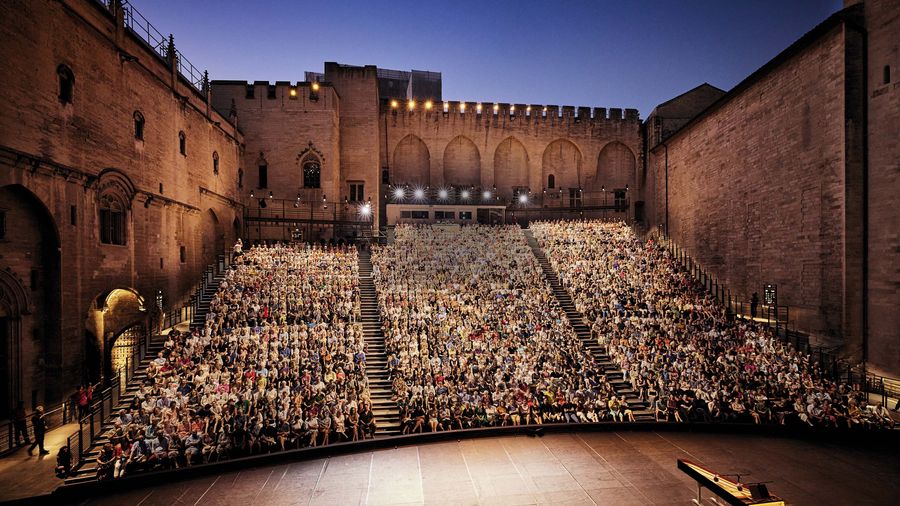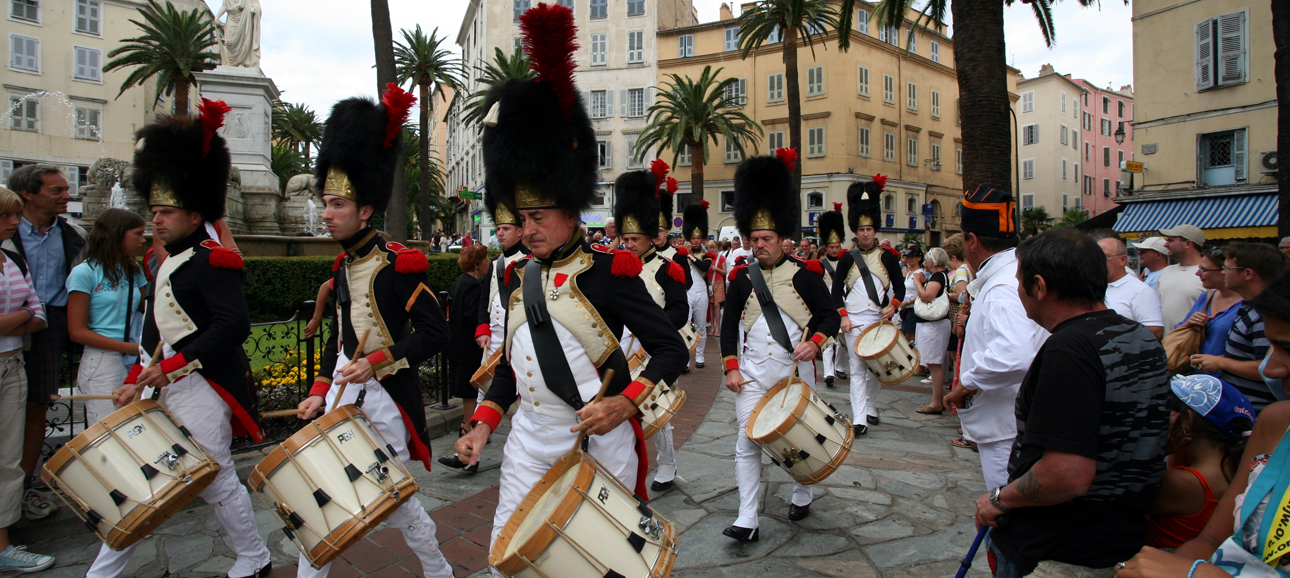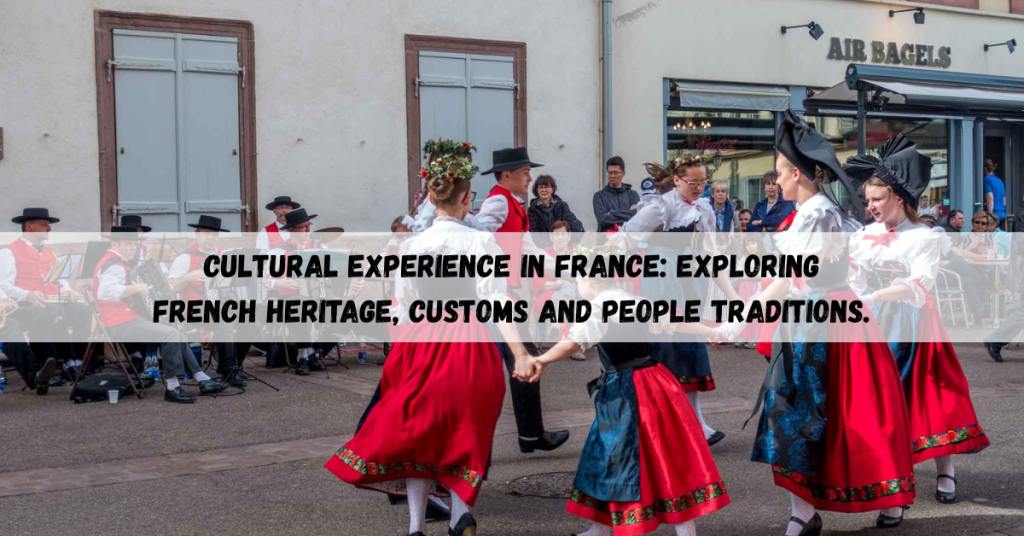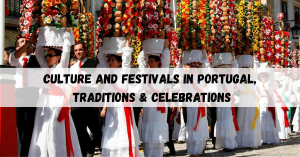Asking For Cultural Experience in France!! sure, France is a land of rich traditions, deep-rooted customs, and a refined lifestyle, where heritage, leisure, and meaningful connections shape everyday life. From the café culture in Paris to the vineyards of Bordeaux and French festivals in Nice, the French way of life values elegance, tradition, and social connection.
Whether enjoying a long meal with family, experiencing cultural experience in France through festivals and celebrations, or embracing French customs and etiquette, every moment reflects the country’s cultural heritage. This guide explores the best cultural experiences in France, uncovering French traditions, social customs, and lifestyle rituals that make it one of the most fascinating cultures in the world.
French Festivals and Celebrations, A Nation of Tradition
France is a country that prides itself on tradition and cultural heritage, with festivals and celebrations playing a crucial role in its identity. From national holidays to regional festivities, these events reflect the history, art, and social customs of the French people. Whether it’s the grand parades of Bastille Day, the colorful Carnaval de Nice, or the artistic performances of Avignon Festival, each celebration showcases France’s deep appreciation for culture, community, and tradition.
Bastille Day, France’s National Celebration

- Date: July 14
- Commemorates the French Revolution and the storming of the Bastille in 1789.
- Celebrated with fireworks, military parades, concerts, and street parties, with the largest festivities in Paris.
Fête de la Musique, A Celebration of Music
- Date: June 21
- A nationwide festival where streets, parks, and squares fill with live music performances.
- Encourages amateur and professional musicians to perform in public spaces, creating a lively and artistic atmosphere.
Carnaval de Nice, One of the Oldest Carnivals in Europe
- Date: February
- A grand two-week festival in Nice, featuring parades, colorful floats, masquerade balls, and live performances.
- One of the most important cultural experiences in France, attracting visitors from around the world.
Festival d’Avignon, France’s Premier Theater Festival

- Date: July
- A prestigious celebration of performing arts, featuring theater, dance, and live performances in the historic town of Avignon.
- Attracts actors, playwrights, and theater lovers from across the globe.
Fête des Lumières, The Festival of Lights in Lyon
- Date: December
- A breathtaking festival where the city of Lyon is illuminated with spectacular light displays and artistic projections.
- Originated in 1643 as a tribute to the Virgin Mary, but has evolved into a world-famous cultural event.
Paris Fashion Week, A Global Fashion Tradition
- Date: Held twice a year (Spring/Summer and Fall/Winter)
- One of the most prestigious fashion events in the world, showcasing the latest collections from Chanel, Louis Vuitton, Dior, and other top designers.
- Influences global fashion trends and highlights France’s cultural emphasis on style and elegance.
Traditional French Customs and Social Etiquette
France has a strong sense of etiquette and social customs, shaping how people interact, greet one another, and participate in daily life. These traditions emphasize respect, politeness, and a deep appreciation for culture and leisure.
The Art of Greeting, La Bise and Handshakes
- In France, greetings are a refined social ritual.
- Friends and family exchange “la bise” (cheek kisses), typically one to four times depending on the region.
- In professional settings, a firm handshake is the standard greeting.
Work-Life Balance, Prioritizing Leisure and Family
- The French maintain a strong work-life balance, with shorter working hours and long vacations.
- Sundays are traditionally reserved for family, with many shops and businesses closed.
- Leisure activities, such as visiting museums, parks, and cultural events, are highly valued.
The Importance of Art and Literature
- France has a deep appreciation for art, philosophy, and literature, which is reflected in its many museums, galleries, and historic bookshops.
- Cities like Paris, Marseille, and Strasbourg host numerous art exhibitions and literary festivals throughout the year.
- The Académie Française is responsible for preserving and regulating the French language, ensuring its cultural significance remains strong.
The Role of Fashion and Elegance
- French people are known for their effortless elegance and sophisticated style.
- Minimalism, quality over quantity, and timeless fashion pieces define the French wardrobe.
- Whether attending an event or simply going to a café, dressing well is a cultural expectation.
The French Approach to Art and Literature
- France has a rich artistic and literary history, home to greats like Victor Hugo, Voltaire, and Monet.
- The Académie Française is dedicated to preserving the French language and cultural identity.
- Bookstores, theaters, and art galleries are highly valued spaces in French society.
Public Holidays and Observances
- France has several national holidays, such as All Saints’ Day (La Toussaint) and Armistice Day (November 11).
- Traditional customs are still observed in rural areas, where villages hold festivals and honor local saints.
Regional French Traditions and Celebrations
France’s regional diversity is reflected in its local traditions and celebrations, each influenced by history, geography, and culture. From Brittany’s Celtic heritage to Provence’s lavender festivals, every region has unique cultural experience in France.
The Provençal Traditions of Southern France

- Provence is famous for its traditional festivals, local crafts, and lavender harvest celebrations.
- Events like the “Fête de la Lavande” in Sault honor the region’s deep agricultural and artisanal heritage.
The Breton Fest-Noz, Traditional Dance and Music
- Brittany (Bretagne) celebrates its Celtic roots through the Fest-Noz (Night Festival).
- Features traditional Breton music, folk dances, and cultural storytelling.
- Recognized by UNESCO as an Intangible Cultural Heritage of Humanity.
Alsace’s Unique Holiday Traditions
- Alsace, influenced by both French and German cultures, has some of the most stunning Christmas traditions in France.
- Towns like Strasbourg and Colmar host famous Christmas markets with handmade crafts, ornaments, and festive decorations.
Basque Traditions, Fêtes de Bayonne
- A grand summer festival in the Basque region, featuring parades, bull running, and street performances.
- Locals and visitors dress in traditional white and red outfits, embracing the Basque identity and heritage.
Corsican Traditions, Honoring Heritage and Music

- Corsica has a strong cultural identity, celebrated through polyphonic singing, religious processions, and village festivals.
- Local feasts and heritage events preserve the island’s unique language and customs.
The cultural experience in France is a rich blend of history, tradition, and artistic expression. Whether celebrating national festivals, embracing regional customs, or engaging in French social etiquette, every aspect of life in France reflects a deep respect for heritage and community. From Parisian elegance to the rural traditions of Provence and Brittany, France offers an unforgettable cultural journey that continues to captivate visitors from around the world.
FAQs
What is the most significant French tradition?
Bastille Day (July 14th) marks the French Revolution, celebrated with fireworks, military parades, and nationwide festivities.
How do French people greet each other?
Friends use “la bise” (cheek kisses), while formal settings require a handshake and addressing with “Monsieur” or “Madame”.
Why is French fashion so iconic?
French fashion values minimalism, elegance, and quality craftsmanship, with Paris, Lyon, and Nice leading in luxury and haute couture.
How important is art and literature in France?
France has a rich artistic and literary history, with icons like Victor Hugo and Monet, and institutions like the Académie Française preserving its cultural heritage.
What are some unique regional traditions in France?
Brittany’s Fest-Noz celebrates Celtic music, Alsace’s Christmas markets are world-famous, and Provence’s lavender festivals highlight its agricultural heritage.




